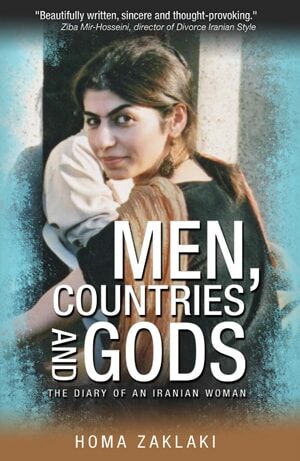
“I am sorry – I have a phobia of dogs. I was bitten by a dog as a young boy,” the estate agent explained why my timid corgi-cross had to be removed from the couch where she usually has her afternoon naps.
“I understand. That kind of experience sits deep,” I said. “I also have a phobia – of white men. I have been bitten by far too many in my life.” I resisted from adding.
‘White-man phobia’ is something worth exploring, since white isn’t a colour, it is an ISM.
Think about it. White-ism – middle-class white-manISM, to be precise – is found in men and women alike, and is equally pervasive in people of all races and colours. White-ism is a way of being in the world, walking in the world and relating to all forms of life, both human and ecological. White-ism feeds on the naïve notion that the white man’s culture is the cornerstone of all humanity, superior and universal. As such, we are to believe it is the legitimate and exclusive governor and organiser of the human race.
White-ism is everything from the middle-class white man’s language and art to his values, his demeanours, his customs, his fashion and his way of expressing emotions – or more correctly, his way of suppressing emotions. To be clear, it is not only white folk who hold you accountable, who look down at you when you are out of line (i.e. not white enough), but it is also all the other non-white people who adopt the white man’s culture as “the Truth, “the Reality” and the very ultimate aspiration, and act on “his” behalf.
White-ism is my Caucasian colleague staring at a 13-year-old local Bangladeshi girl having dinner with us and making this classic remark: “She is eating the rice with her hands. How primitive.”
White-ism is my British, non-white friend scolding me: “Gosh, you acted so Middle Eastern. The British are more subtle.”
White-ism is the employer judging your emotions, ‘expressive’ nature all the way through to scrutinising the choice of words and the “tone” in your emails.
These are not simple and innocent observations – when you contrast, you are alluding to a hierarchy. These everyday comments reveal the underlying assumption that white-ism is the Barometer against which the adequacy and appropriateness of all other conducts are measured. It is the standard for comparing and contrasting all we say, do and feel. As Michele Foucault powerfully illustrates in his Discipline and Punish, those who are subjected to power are also its supervisors, guardians and “public servants”. We are all subjects to and objects of the ‘white man’ as we keep each other in check and stifle whatever poses a threat to ‘white-ism’: our inner quiet voice, that foolish dream or the hunch that it could all be different.
In short, white-ism the currency through which we are supposed to carry out all of our social transactions. And like any other goods, it is being exchanged by and between non-white and non-man “white men” too.

